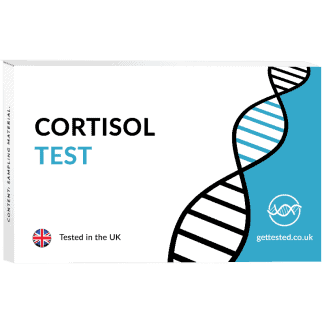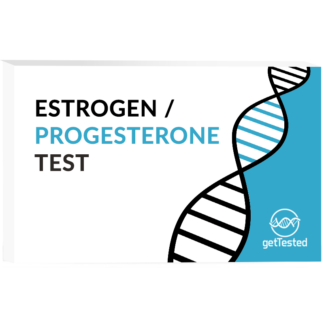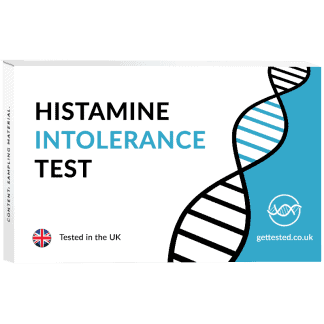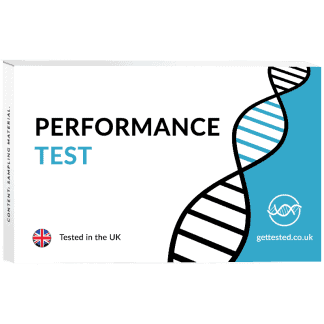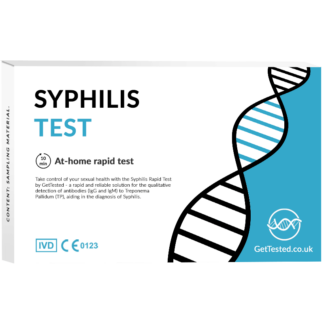
If you are health conscious or aim for a healthier lifestyle, omega-3 fatty acids should be a part of your diet. Also, what are the best vegan sources?
Omega-3 fatty acids
From many years, omega-3 fatty acids have been linked with heart health and better ageing. Nutritionists say there are good fats and bad fats and people shouldn’t conclude and say fats, in general, are bad. These are one of the excellent examples of good fat. Omega -3 fatty acids are a group of polyunsaturated fatty acids that are important for many functions of the body.
There are 3 types of omega-3 fatty acids. The omega-3 fatty acids EPA and DHA are found in seafood, including fatty fish (e.g., salmon, tuna, and trout) and shellfish (e.g., crabs, mussels, and oysters). A different type of omega-3, called ALA, is found in other foods like broccoli, spinach, tomatoes etc. Omega-3s are also available as dietary supplements; for example, fish oil supplements contain EPA and DHA, and flaxseed oil supplements contain ALA.
Benefits of omega-3 fatty acids
- Help in reducing the inflammation:
While acute inflammation is a part of the protective functions of the body, chronic, excessive or uncontrolled inflammation can lead to many health concerns. Omega-3 fatty acids are incorporated in many parts of the body including cell membranes and play a role in anti-inflammatory processes and in the viscosity of cell membranes. EPA and DHA give rise to anti-inflammatory and inflammation resolving mediators called resolvins, protectins and maresins.
In a clinical trial undertaken among gas station workers, who might be exposed to oxidative stress and changes in the balance of the immune system due to the exposure to commercial gasoline and diesel particulate matter, the impact of omega-3 fatty acid supplements was assessed on inflammatory and anti-inflammatory markers. It was concluded that , the omega-3 fatty acid supplementation can be effective in reducing the inflammatory responses and maintaining immune tolerance in people with high exposure to inflammation-inducing factors.
- They help in fetal development:
EPA and DHA are essential for proper fetal development during pregnancy. Maternal nutrition is vital for the fetus and doctors always stress on a diet including sufficient caloric and protein requirements, but recently fatty acids have also been deemed important. The amount of omega-3 fatty acid in the fetus is correlated with the amount ingested by the mother, so it is essential that the mother has adequate nutrition. Studies confirm that omega-3 fatty acids are essential for proper cell membrane functioning and are vital to the development of foetal brain and retina.
There is also evidence that mothers who use EPA and DHA supplementation during pregnancy and breastfeeding may protect their children against allergies. This may be due to the fact that fish-oil supplementation has been associated with decreased levels of body cells associated with inflammation and immune response.
- This may reduce the risk of cardiovascular disease:
Omega-3 fatty acids have been shown in various studies to reduce the incidence of cardiovascular diseases. Coronary heart diseases and strokes are one of the leading causes of death in the world. They also show individuals at risk of chronic inflammation-related heart diseases benefiting from the consumption of plant and marine-derived omega-3 fatty acids. EPA and DHA play a role in reducing the oxidative stress in the body and thereby preventing chronic inflammation. However, various studies on the relation between omega-3 fatty acids and cardiovascular diseases show contrasting results in this opinion. Researchers suggest more physiological and environmental factors need to be considered and more studies are yet to be undertaken to have a better picture on this topic.
- Help in fighting autoimmune diseases:
When there is an overactivity of the immune system, the body attacks and damages its own tissues as a response to an unknown trigger. Hence, the body produces antibodies that attack the tissues instead of fighting infections. Rheumatoid arthritis, inflammatory bowel disease, type 1 diabetes and lupus are classic examples of an autoimmune disease. There have been many clinical trials assessing the benefits of dietary supplementation with fish oils in several inflammatory and autoimmune diseases in humans, including rheumatoid arthritis, Crohn’s disease, ulcerative colitis, psoriasis, lupus erythematosus, multiple sclerosis and migraine headaches. Many of the placebo-controlled trials of fish oil in chronic inflammatory diseases reveal significant benefits, including decreased disease activity and a lowered use of anti-inflammatory drugs.
- Aid in the treatment of Alzheimer’s disease:
Alzheimer’s disease is one of the most common neurodegenerative diseases in the elderly. It is a disorder characterised by progressive impairments of memory, language, reasoning, and other cognitive functions. Evidence suggests that omega-3 fatty acids may act as a possible protective factor in Alzheimer’s disease. Recent studies highlight the beneficial effect of the omega-3 fatty acids in the Alzheimer’s disease which may be attributed to their antioxidant, anti-inflammatory properties. Both DHA and EPA can enhance the nerve growth factor level. They are beneficial to improve the cognitive function in mild Alzheimer’s disease.
Vegan sources of omega-3 fatty acids
So far we know the benefits of consuming omega-3 fatty acids. However, if you are a vegan, how can you ensure adequate intake of this? Plant foods typically only contain alpha-linolenic acid (ALA) and the most popular sources of DHA and EPA are fatty fish. Even though our body can convert a part of ALA into DHA and EPA, this is an insufficient part of the adequate intake required by the body. Hence, it is strongly advised to take supplements for DHA and ALA and have plenty of plant-based foods to supplement ALA in your diet. Flax seeds, chia seeds, walnuts, hemp seeds are excellent sources of ALA.




